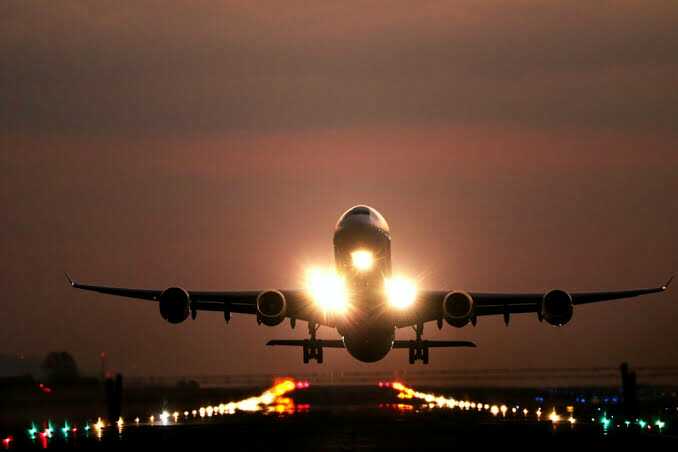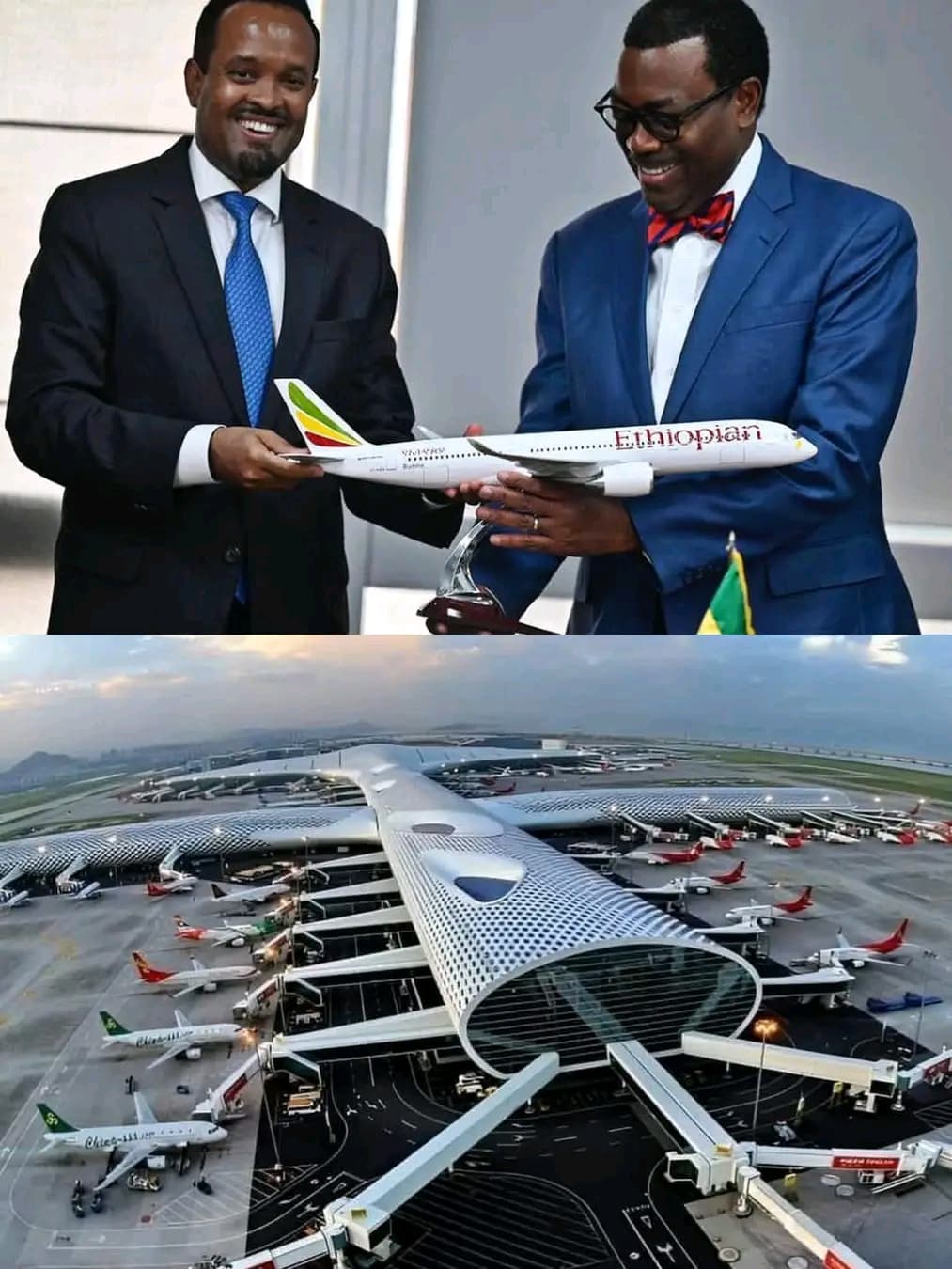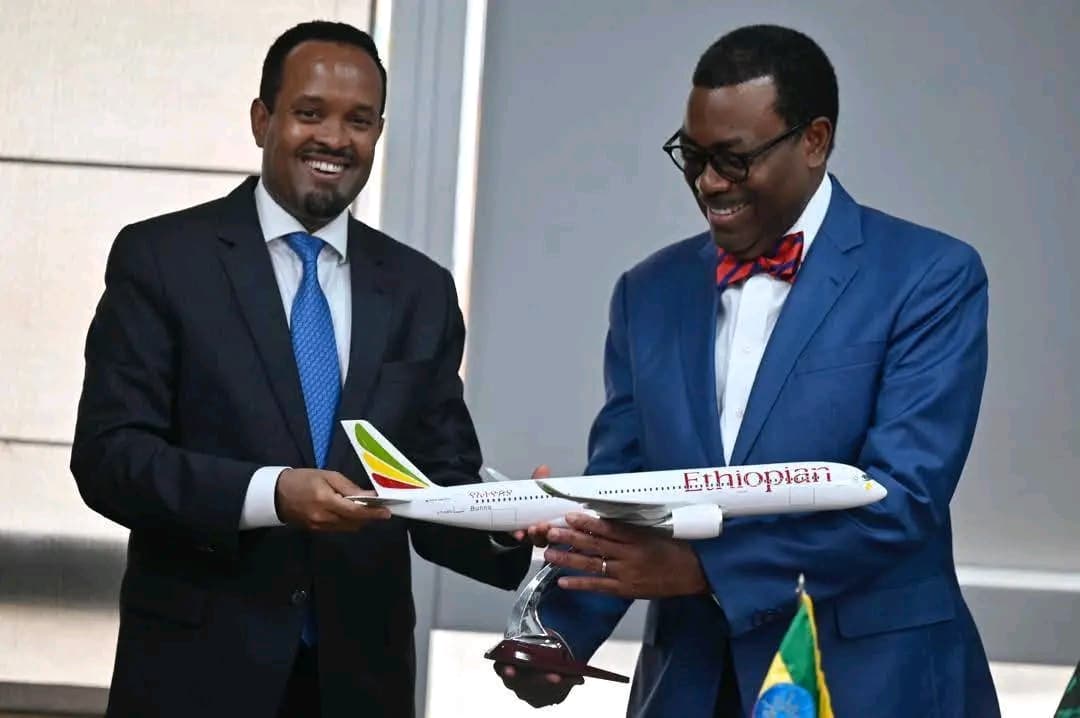Global aviation experts have expressed deep concern over the extreme complexities of technological advancement which they fear may lead to a very turbulent future for the industry especially in Nigeria and other African countries.
At a one-day virtual workshop on ‘Global Megatrends and Impact on Aviation’ presented by the Nigerian Civil Aviation Authority (NCAA) and the Aviation Strategies International (ASI) Institute, in collaboration with Egis held recently, aviation experts around the world said the adoption of technology like artificial intelligence, automation, virtual reality, nanotechnology, biotechnology and new propulsion systems, will help fill the infrastructure gaps and address the challenges
They however pointed out that no single airline or enterprise anywhere in the world can successfully handle the uncertainty of the future of aviation and the degree of complexities of megatrends which may lead to large scale human unemployment unless there is strategic plan for its adoption.
Brain drain
Director General of NCAA, Captain Musa, who was one of the panelists, listed one of the challenges facing the agency to include retaining technology experts due to high turnover of trainees who often leave for the sector when offered twice the amount the agency pays.
This was as others have suggested that to avoid such brain drain, staff should be made to agree to work with the agency over a specified period of time before leaving for the private sector.
The President of ASI Institute, Pierre Coutu, who was one of the speakers said in his presentation, “Global Megatrends in Aviation’, observed that these trends are happening rapidly but the industry doesn’t have much time to react and adapt to it. He said aviation organisations need a new approach to their business models including strategic, asset and infrastructural planning.
“Megatrends and technological advancement would in the long term impact the industry, so aviation organisations need a new approach to their business models including strategic, asset and infrastructural planning. These megatrends are happening rapidly and we don’t have much time to react and adapt to them.
“About 40 leaders of the aviation industry globally came together to talk about their views on the impact of mega trends on aviation and were optimistic on the place of technology which they said regulators would be heavily challenged in the future because of the speed of innovation which is making it difficult for the regulators to put their arms around it. There is no scenario in which the industry would not face major disruption in the years to come. The impact of megatrends on aviation is felt mainly in the area of demand, services and regular framework. We need to carry out structural changes to shift our organisation because these trends create a lot of uncertainty and turmoil.
“If you’re not agile as you should under rapidly changing circumstances, it can affect the value of an organisation. From surveys that were conducted, 75 percent of companies that were considered agile had quick responses to change and focus on change management by integrating the voice of the consumers. They tackle issues through project teams and have good contingency plans.
“Not one airline or enterprise can successfully handle the uncertainty of the future, therefore, leadership is squarely on the shoulders of civil aviation authorities and they need to guide us strategically. It is unfortunate many of them don’t have enough resources to tackle this as well as they want to but doing nothing is not an option and major significant transformations are needed to shift our organisations to a futurewise stance. I am concerned that regulators cannot keep up with development of technology. It means that civil administration needs better resources and to put some responsibility on the leading technology by sharing relevant information with them,” Coutu said.
Challenges
The Vice Chairman and Executive Director of ASI Institute, Jean-Marc Trottier in his paper, ‘Planning for a Turbulent Future’, said: “How do these different technologies flow down to aviation? One of the problems is that these megatrends will happen simultaneously. One of the challenges is the combination of increasing temperatures, urbanisation and global connectedness is going to speed up the pace. What does this mean for national aviation? Were we effective in dealing with Covid-19? Is the regulatory framework agile enough to make us respond effectively to all these technological changes? Will regulators be able to attract software experts? It is extremely challenging for regulators in most countries to get and retain such kind of staff because most often, they can’t pay what the private sector pays. In many cases, we have software and hardware systems that are very old, are they going to support us well in the future? Are we even organised enough to deal with this future that is coming at us?
“In Nigeria, 60 percent of the population is under 25 years old and in the next 10 years, what is going to happen to travel demand in Africa? There are many places that are not accessible by road or rail in Africa except by air.”
On the mega trends that will be the most challenging in the near future, Aviation Director Africa for Egis, Oliver Baric, said: “All the megatrends will impact our countries. Compared to other airports, the traffic in many African airports is much better than anywhere else. I believe that the combination of the growing population and the gap in infrastructure like roads and railway will increase passenger traffic.”
Another speaker, Christophe Bouchaud, the Senior Vice President, Business Operations and Information Technology for ASI Institute, said: “Some countries cannot afford these new technologies which are going to rapidly change some aspects of the industry. The regulators in this countries would require adaptation. Africa doesn’t need to invest in the current or previous generation of new technology, you can leapfrog to the next one. All the countries in Africa have been able to put basic infrastructure in place at a much lower cost than developed countries and I think we are going to see the same thing in aviation. But we have to be careful that it is planned carefully.”
Way forward
One way the experts believe regulatory agencies can reposition themselves to adapt to the impact of advancement in technology is to increase revenue allocation for equipment and pointed out that many CAA’s no more depend only on government or fees from airlines for revenue, but they now conduct trainings for airlines and other aviation companies for a fee.
Captain Nuhu talked about how Nigeria’s CAA has been affected by advancement in technology and in the area of funding, he pointed out that the agency doesn’t get direct funding from the government but from the activities of the industry although its budget still has to be approved. He said however, the Covid-19 pandemic has had significant impact on revenue and it is yet to get to the pre-Covid levels.
“The issue of rapidly changing technology is one of the difficulties we are having, not only coping with the excessive amount of data that we get, we also have to make sense of it for our planning purposes. But the problem is being able to attract and retain experts because we cannot compete with the private sector. When you get people and train them, the next thing is that someone offers them twice what you pay and before you know it, they are all gone. It is a big problem which is not only peculiar to Nigeria and we just have to find a way around it.
“The airlines need to need to work together and for the first time in Nigeria, we have two domestic airlines going into an alliance to work together and we are in full support of more of such arrangements. We also to change the current model of training where people just go to train to get certificates, we need to train people in more specific areas to deal with the uncertainty.
“The rapid change of technology throws a spaniel into the works because when one technology comes out and you are about to adapt to it, in a few months it is gone and another comes out and you try to adapt to it. As regards retaining staff after training them for a specific number of years, a lot of our airlines are already doing that.
© 2019 The Sun Nigeria – Managed by Netsera.










